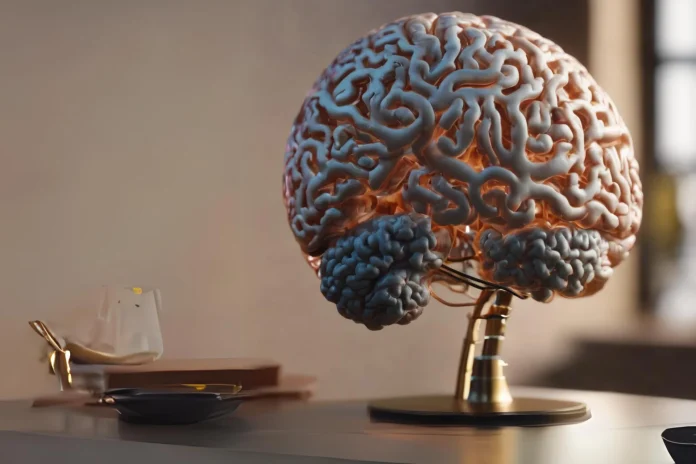The 3D printed mini brain that works and grows like a full-sized working brain was invented as an alternative to animal testing for pharmaceutical labs.
3D Printed Mini Brain
3D printing has become a new trend in the tech society. Almost anything can be 3D printed, from key chains to home décor items. But now, scientists from Monash University in Melbourne, Australia, have taken it to the next level by 3D printing living neural networks composed of rat brain cells that work, function and communicate as real brains do.
Neural Networks for Biomedical Progress
The invention of a 3D printed mini brain promises more ethical and practical drug trials. And these could replace the need to harm innocent animals for testing new drugs. For this purpose, the Monash University team led by Professor John Forsythe utilized a unique method: squeezing a mixture of rat brain cells suspended in a gel – called bioink – through a nozzle and into a scaffold. The neural structure consists of eight vertical layers alternated between bioinks containing cells and without cells. This process is inspired by how inkjet printers apply ink to paper.
This method enabled accurate cell placement on recording electrodes and maintained a 3D structure identical to objective brain tissue complexity. The progress of this experiment depends on the functionality of neural networks. The network included neurons and support cells, acting like astrocytes and oligodendrocytes. Microelectrodes were used to record cell activity, and fluorescent dye showed how the cells communicate chemically.
Challenges in Changing the Traditions
This successful mimicry of natural neural networks will be an excellent advancement for biomedical applications like drug testing and disease studying. Forsythe says, “They behaved as expected, no surprises”. Even though this new 3D printed mini brain technology promises to replace animal testing in various research areas, scientists might be hesitant to adopt it, preferring traditional animal models due to familiarity. The research team believes convincing scientists to shift to advanced tissue engineering methods will require time and effort. But despite the challenges, the team behind this experiment remains optimistic that animal testing and studying will eventually decrease.



